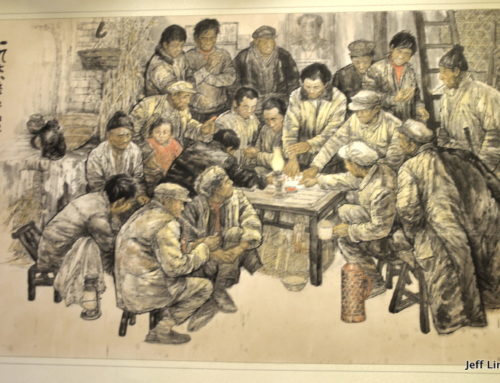I previously reported a remarkable IP-backed financial deal in China, where Tralin Paper (Quanlin Paper in Chinese, though they use www.tralin.com for their website and are sometimes called Tranlin Paper) used their IP portfolio to back a loan for 8 billion RMB, around US$1.3 billion. Now news from the office of Governor Terry McAuliffe of Virginia reveals what Tralin is doing with that money. See the June 18, 2014 news release for the Governor’s office. Tralin Paper, renaming themselves as Tranlin Paper for some reason, has just signed a deal with the State of Virginia, obtaining state support as Tralin/Tranlin/Quanlin invests $2 billion to create a new environmentally friendly paper mill and create over 2,000 US jobs. In a departure from the stereotypical view of Chinese companies stealing American jobs and IP, here is an innovative Chinese company that has created and protected their own IP, used innovative financial tools (and plenty of solid Chinese guanxi) to obtain massive financing based on that IP, and then brought their money and their technology to the US to create many jobs. At least some parts of this story are going to be repeated in many ways in days to come. The old paradigm of China lacking IP or lacking valuable IP is fading.
After the announcement at ChinaPaper.net, the first report on this story to the English-speaking world, as far as I know, was my original March 6, 2014 report at InnovationFatigue.com followed by an update here on the Shake Well blog that gave a translation of the Chinese story. It was picked up by Intellectual Asset Magazine and by World Trademark Review, but is still a generally unrecognized but important story.
Watch for China to surprise many pundits who decry its lack of IP and innovation. Many Western companies are going to be startled at the tsunami of innovation and IP that will come from the Middle Kingdom, which is rushing to become the epicenter of global innovation and IP value creation. China still has a long ways to go in overcoming its problems and strengthening innovation and IP, but the trends here are remarkable and should not be discounted. Meanwhile, we should welcome stories like Tranlin’s, and watch for many more to come. But for some US companies, this will mean even tougher competition that won’t be easily avoided with restrictive, protective tariffs or antidumping legislation.

